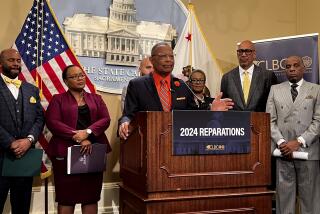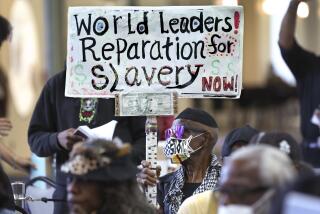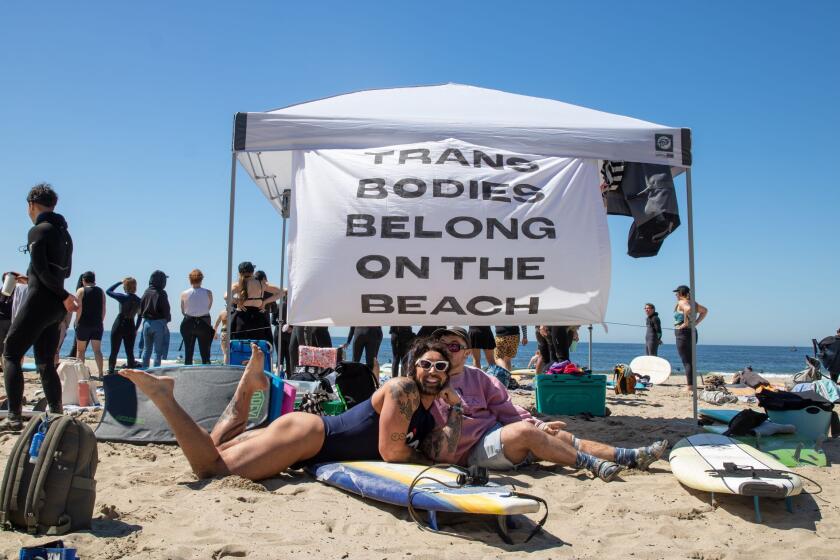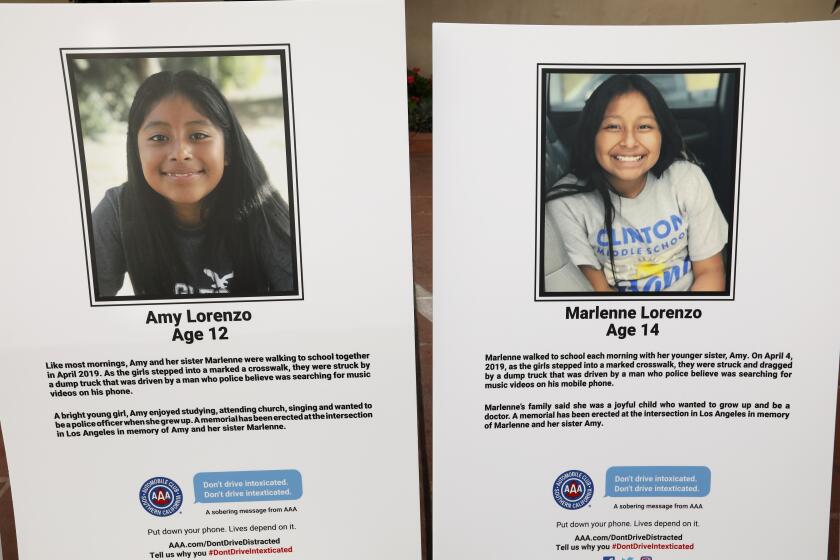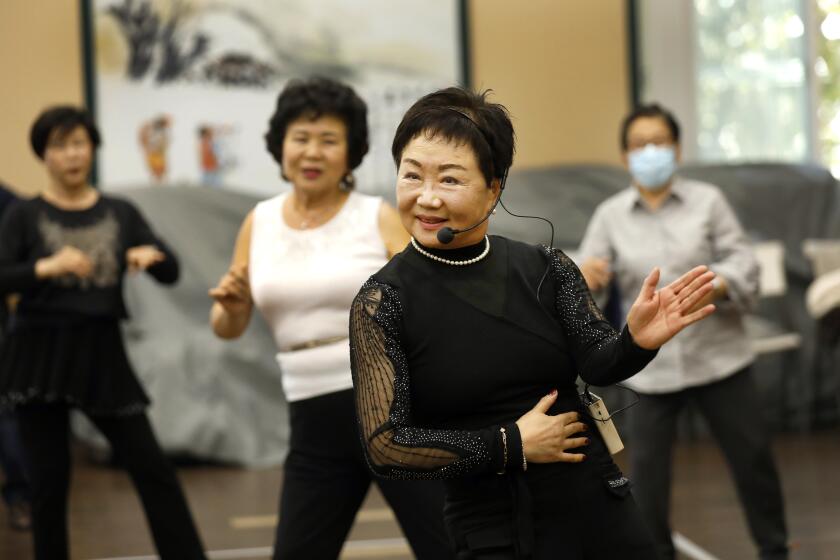The Times podcast: Eugenics in our own backyard
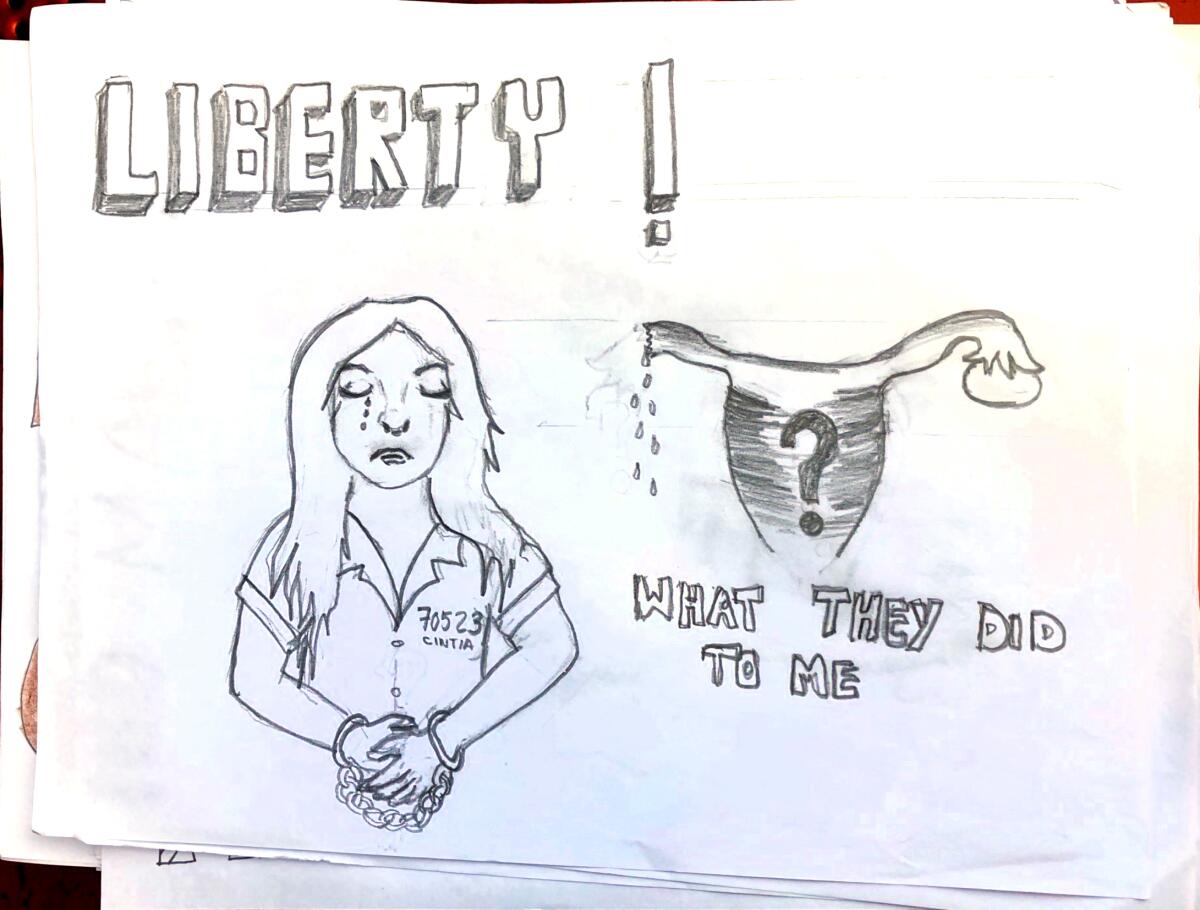
For a century, California sterilized women in its prisons and hospitals, often without their consent. Government officials did it in the name of eugenics — of trying to curtail the number of working-class people and people of color. The Golden State apologized for its actions in 2003 but didn’t ban the practice until 2014. Now the state will try to address the wrong of its forced sterilization program with a historic move: It wants to pay survivors reparations.
On today’s episode, we speak with Assembly member Wendy Carrillo (D-Los Angeles), who sponsored the legislative bill that will create California’s reparations effort. And we also talk to one of the activists who have brought this dark chapter in American history to the public.
Host: Gustavo Arellano
Guests: California Assembly member Wendy Carrillo and Ena Suseth Valladares, programs director of California Latinas for Reproductive Justice
More reading:
California poised to pay compensation to victims of forced sterilization
Editorial: Paying $25,000 to every living forced-sterilization victim is the least California can do
Forced sterilization: A stain on California
Listen to more episodes of The Times here
More to Read
About The Times
